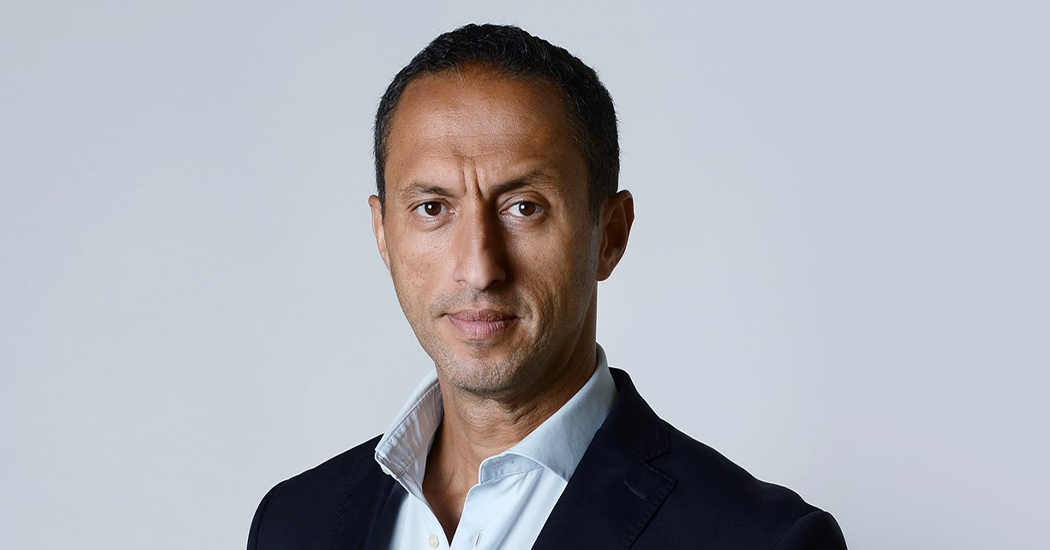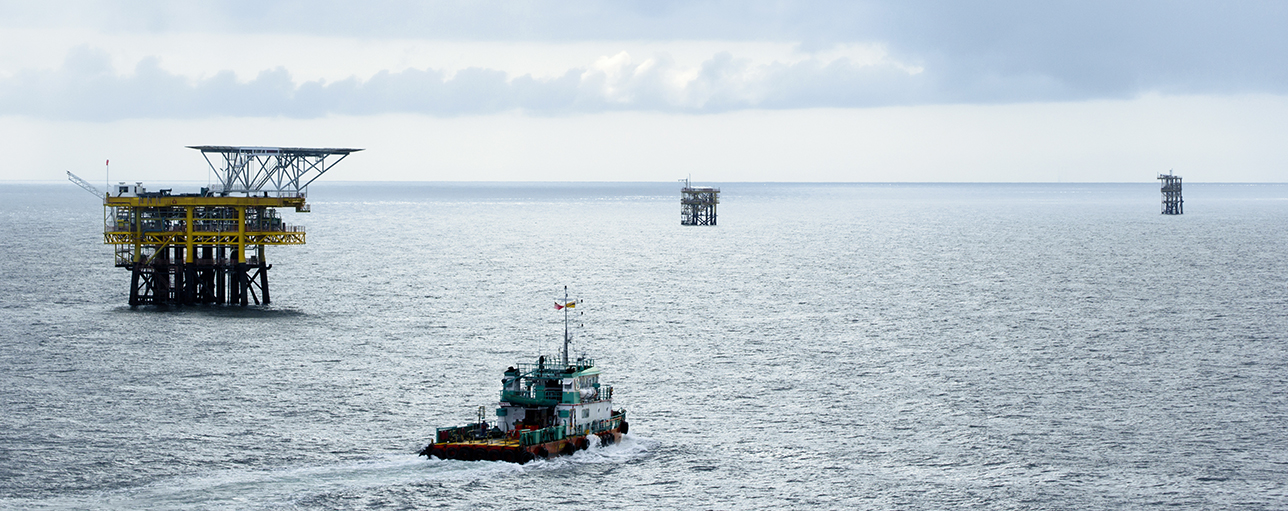Why the energy supply chain should shift its focus from resilience to anti-fragility
In an interview with Energy Connects, Mohamed Houari, Global Managing Director of DNV Inspection, reflects on the current status of the global energy supply chain in a post-Covid era and why the widespread concept of resilience is probably not enough in a world moving from one shock to another.
What are the lasting impacts of Covid-19 on the global energy supply chain?
As bizarre as it may sound, I think it is actually very difficult and likely too early to draw definite conclusions about the long-term impacts of the pandemic on how the energy supply chain functions. Many parts of the world are still in the early phases of what will be an extensive recovery.

But broadly speaking there are several common themes emerging that are impossible to ignore and require further investigation. Countries have had to rethink their external energy and In-Country Value (ICV) has become a much bigger priority for governments. Following an event that forced much of the world to stop in its tracks, a continuous reassessment of the seeming benefits of globalization is to be expected.
We carry out a lot of our work in the Middle East where ICV is a well-entrenched idea, but it increasingly seems to be gaining popularity in more mature economies that want to renationalise parts of the supply chain and diversify sources of energy.
Much of the industry is now having to grapple with increased costs because of global inflation, is this putting strain on the supply chain?
If a company has been able to deliver at a certain price point, then there is a legitimate rational for prices to stay at that level and operators will come to expect that. Unless there is substantial bottom-up pressure, it is unlikely that prices will rise significantly in the short term. It is a basic matter of supply and demand. Until the supply side is not in a place to deliver – be it because it is not financially viable or because there is a scarcity or resources – then the price point will remain where it is.
In the long-term though it is likely that this situation will be unsustainable and there will have to be upwards movement. The relationship between inflation and the energy supply chain is a deep and complicated one. It is far from linear; an increase in one does not necessarily mean an increase in the other. There are so many factors at play that it is very difficult to come up with a solid conclusion.
How can businesses resilience plan to reduce the chances of being caught off guard by the next global shockwave?
It is a case of going beyond resilience; that is what I think the focus for strategy planners should be. We live in a world where challenges and shocks are always around the corner, and the focus should be on how quick you as a business can respond and come out of the other side stronger.

One thing that is nearly impossible to do is to predict a crisis and its timing, but how you prepare and respond depends on the culture - the tone for that needs to come from those in charge. Being resilient is something you can praise when you look backwards, but it is not inspiring, motivating or appealing as a concept moving forward. In my opinion resilience is a somewhat inappropriate and anachronistic concept and the focus instead should be on a different notion - anti-fragility.
What is anti-fragility and how can businesses use it?
The opposite of fragile is solid, but that is not the same as anti-fragile. Anti-fragility is all about putting yourself in a position to thrive from shocks when they inevitably hit, moving from state A to state B, and prospering in the face of adversity.
Author and mathematician Nassim Nicola Taleb is best known for his book ‘Black Swan’, but for me his best work is ‘Antifragile: Things That Gain from Disorder’. It's all about randomness and the idea that uncertainty is actually desirable, because it throws up numerous opportunities.
Most businesses put risk registers in place to identify potential events, assess their frequencies and their consequences. Plans are then drawn up to mitigate these risks. There is nothing wrong with this process, however any event has potential positive consequences that are often overlooked and that might represent your next opportunity. Constantly refining and consolidating your raison d’être as a business, while being agile enough to seize ‘the moment’ and pivot in front of apparent adversity is essential for companies in our current world.
Does this mean that most strategy planning processes are ineffective in front of global shocks?
I would say that traditional strategy planning has a limited effectiveness in front of global shocks.
In the face of a global crisis, companies core values and purpose are much more useful than any strategy planning. How much a business can constantly question itself and is continuously willing to change will define its ability to overcome crisis and come out stronger.
At a global scale things become even more complicated. Take the example of COP28, which is essentially a pro-active planning exercise. Putting any sort of agreement in place is a Herculean task, but the real success of any treaty is intimately linked to two main elements. Firstly, the degree of implementation and effectiveness of the agreed plans. Secondly, how it will stand up in the face of the next global crisis.
Only time will tell, but history is there to give us some hints.
KEEPING THE ENERGY INDUSTRY CONNECTED
Subscribe to our newsletter and get the best of Energy Connects directly to your inbox each week.
By subscribing, you agree to the processing of your personal data by dmg events as described in the Privacy Policy.















